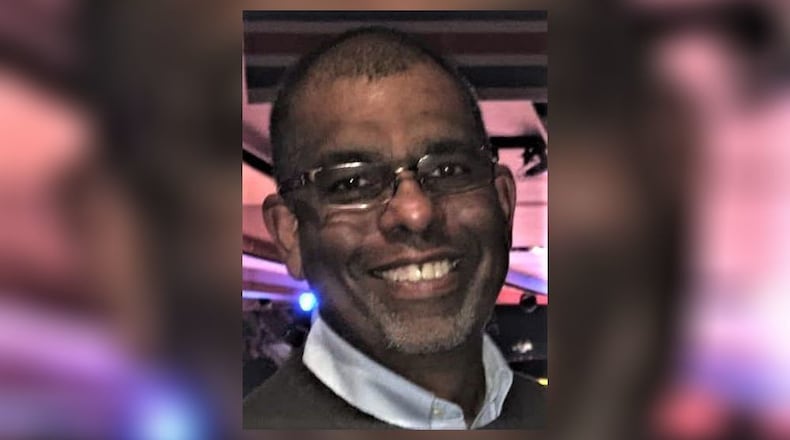I often think of that incident, which happened when I was 18, when I see advocacy groups warning about the use of technology to fight crime.
That worry popped up again last week when the Dayton Police Department proposed using drones as first responders that could get to crime scenes faster, help collect evidence, and possibly obtain video of a crime in progress.
Using drones is a no-brainer. Officials should aggressively utilize and expand the use of technology to fight crimes, given that Dayton is one of the most dangerous cities in the country, according to FBI data.
Dayton Mayor Jeffrey J. Mims, Jr. rightfully noted there are complex reasons people turn to crime. But there’s a flipside to that. No country has been able to solve the societal issues that lead to criminal behavior. We’re always going to have poverty, family dysfunction and inequality. People can be seduced by a romanticized criminal lifestyle. We need to acknowledge that we can make a dent in those issues, but can’t solve them.
Assuming the drone plan goes into effect, the city and police should craft rules so the public knows under what conditions the drones will be used. For example, can the drones be utilized for surveillance or other purposes? I would hope so.
Then Dayton can go a step further. It should follow the lead of other cities and install public surveillance cameras in their most crime-ridden areas. Several studies over the years note that surveillance can help decrease crime. The city should study a program in Chicago that allows people to voluntarily register their security cameras so police can quickly have a record of possible criminal activity.
Dayton can develop a community security pilot in one of the three neighborhoods — Santa Clara, Miami Chapel and the Summit Square apartments — police have identified as hotspots for firearm-related assaults and homicides.
How many law-abiding citizens do you think would object to a surveillance plan that sets rules to respect privacy — a must — while targeting criminals?
I put the over-under at zero.
For those who think all of these cameras are an affront to privacy, look around you. Banks, grocery stores, and malls have cameras that record your every movement. Your phone pinpoints and shares your location when you activate that feature. Search your name online and take a look at how data brokers use your personal information.
We live in and accept this era of surveillance because we find it convenient. Social media applications and websites collect a bevy of information that makes it easy to automatically log in, find a previously viewed website, and more. These sites collect your browsing history data, search terms, who you call, and who calls you.
Would you rather voluntarily give these companies data or miss out on modern-day convenience?
Right.
There will always be concerns that someone will improperly use drones and other surveillance, because someone will. It happens. We can’t let that stop us from lawfully using every piece of equipment at our disposal.
And lawfully includes searching without a warrant, looking into someone’s window just because, and racially profiling. Get the guardrails up and then go full bore.
Yes, I’m a hardliner when it comes to fighting crime, and I’m willing to give up some personal liberty if that means my family and loved ones will be safer.
Why?
Because perspective changes when you’ve had a gun pointed at your head.
Ray Marcano’s column appears on these pages each Sunday.
About the Author
